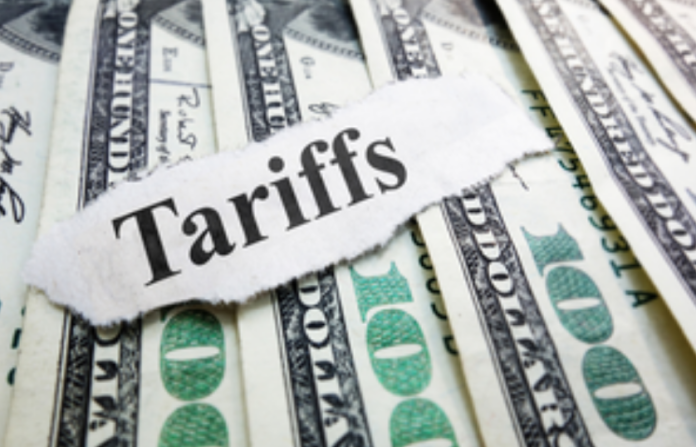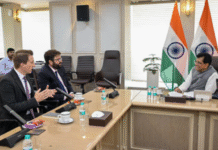New Delhi– In response to rising global trade tensions and recent tariff hikes by the Donald Trump administration, the Indian government has established a task force to monitor potential dumping of goods into the Indian market at predatory prices. The move comes as exporters, particularly from China, may redirect shipments to India after facing barriers in the U.S. market.
“A new world order is emerging, with tariffs and retaliatory tariffs being imposed in real time. With reduced access to the U.S., some exports may be diverted toward India, which makes us vulnerable to dumping and predatory pricing,” said Deepak Mishra, Joint Secretary of Petrochemicals, Department of Chemicals and Petrochemicals, on Wednesday.
He was speaking at the India Specialty Chemicals Conclave organized by Assocham.
Mishra noted that India’s chemicals sector could benefit from these developments if managed strategically. He also announced that India is working on its own Registration, Evaluation, Authorization, and Restriction of Chemicals (REACH) framework, similar to the European model. This would ensure products meet international environmental and quality standards.
Highlighting the importance of research and development (R&D) in the specialty chemicals industry, Mishra urged stronger collaboration between industry and academia.
“This sector is knowledge-driven, and we have a strong ecosystem of government and private research labs in India. Industry must leverage this to enhance innovation,” he said.
Kapil Malhotra, Co-Chairman of Assocham’s National Council on Chemicals and Petrochemicals, noted that the chemicals sector has already seen increased inquiries from global markets as the dust settles from U.S. tariff hikes.
“We’re receiving interest from countries like China, which primarily focus on bulk chemicals, while India is gaining traction in specialty chemicals,” Malhotra said.
He emphasized the role of MSMEs in both upstream and downstream segments, suggesting that collaboration with smaller players could significantly accelerate sector growth.
CM Saikanth Varma, CEO of the Andhra Pradesh Economic Development Board, highlighted the state’s ambitions to attract investment in the chemicals sector.
“The scope for growth in specialty chemicals is phenomenal. Andhra Pradesh is positioning itself as a hub for petrochemicals, with plans for the country’s largest petrochemical complex in Mulapeta, alongside a deep-sea port under construction,” he said.
Varma also outlined Andhra Pradesh’s investor-friendly industrial policies, offering customized incentives for investments exceeding Rs 1,000 crore and Rs 5,000 crore. With three industrial corridors, six operational airports, and strong port connectivity, he said the state offers seamless infrastructure for businesses.
Sagar Kaushik, Chairman of Assocham’s Chemicals and Petrochemicals Council, highlighted the global potential of the sector, noting that the $6 trillion global chemicals market sees 60% of its output traded internationally.
“This offers vast opportunities for India across multiple geographies and specialized sectors,” Kaushik concluded. (Source: IANS)







